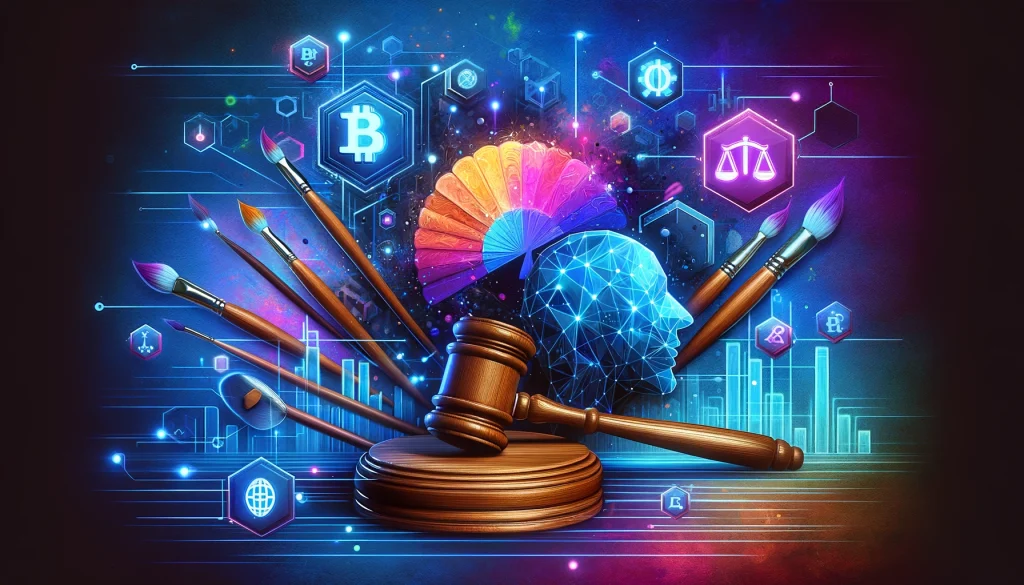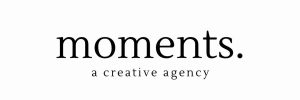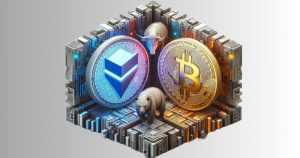NFT CULTURE | NFT CULTURE | NFT News | Web3 Culture

Advertisement: Click here to learn how to Generate Art From Text
Non-fungible Tokens (NFTs), in the rapidly evolving world digital assets, have carved out an unmatched niche that combines art, ownership, and technology. Questions about the applicability and limitations of traditional copyright and intellectual property laws are becoming more relevant as the NFT landscape expands. The United States government conducted a comprehensive study to shed light on these questions. It concluded that the existing legal system is well-equipped for handling the nuances associated with NFTs.
The Verdict – Adequacy of current laws
In mid-2022, two senators sent a question to the U.S. Copyright Office and the U.S. Patent and Trademark Office (USPTO) embarked on a detailed examination of NFTs’ interaction with current IP laws. In a 112-page document, they concluded that the existing legal statutes are adequate to cover the digital territory occupied by NFTs. This decision shows a preference for fostering innovation within the NFT sector, rather restricting it with premature legislation.
Stakeholder Insights & Public Consultation
You can also find out more about the following: government’s investigationIt was thorough in that it incorporated viewpoints from a variety of participants, including academics, brand owners, artists, and technologists. A consensus was reached through public notices and roundtables against the formulation of NFT specific legislation. This move, stakeholders argued could potentially hinder growth and innovation of the budding sector.
Intellectual Property and Infringement concerns
Notwithstanding the report’s overarching conclusion, it acknowledges the prevalent issue of IP and trademark infringements within the NFT market. The lack of uniform trading standards and the decentralized nature NFT platforms contribute to these challenges. The report does note that some platforms are developing tools to empower trademark owners to protect rights. This is a proactive approach in addressing these concerns without needing new laws.
NFT Trading Volumes Surge
Despite skepticism in some quarters and criticism from others, the NFT market has experienced a resurgence. Trading volume has increased significantly. This resurgence is buoyed by innovations such as Bitcoin’s Ordinals and a rekindled interest in cryptocurrencies at large. The positive trajectory of NFT volumes indicates a vibrant and dynamic market, eager to explore real-world applications and utility outside mere digital collectibles.
Conclusion: A Framework for the Future
The U.S. government’s study offers a reassuring perspective on the intersection of NFTs and intellectual property law. It paves the path for continued innovation and growth in the NFT ecosystem by affirming the adequacy existing laws. As technology evolves and new use cases emerge, the flexibility and adaptability of the current legal framework will be crucial in maintaining a balance between protecting creators’ rights and fostering an environment where digital art and ownership can flourish.
The Shadow of Enforcement: Evolution and the Need for Evolution
Concern about “bad actors”The darker side of digital asset markets is highlighted by the misuse of trademarks in the NFT space and the compromise of consumer data. It highlights the need for regulatory bodies to be vigilant and adaptive even if they choose not to overhaul IP laws and registration practices at this point.
Ambiguity in Regulatory Actions
The settlement reached between Impact Theory and SEC in August of 2023 marked an important moment in the U.S. regulatory framework for NFTs. By categorizing Impact Theory’s NFT offerings as securities—due to the profit promise made to investors—the SEC set a precedent that not all NFTs are beyond the reach of securities regulation. This case, which does not apply securities laws to all NFTs in a blanket manner, nevertheless signals the nuanced approach regulators are taking toward different manifestations of NFTs.
Judicial precedents and digital dilemmas
The absence of judicial precedents that govern the enforcement of trademark registrations against similar digital goods linked to NFTs is another layer of complexity in IP enforcement. This ambiguity requires stakeholders to navigate their enforcement efforts carefully while anticipating future legal clarity.
High-Profile NFT drops: A testament to market vitality
Donald Trump, for example, has shown a continued interest in and participation in this market despite the legal ambiguities and regulatory challenges. This shows the resilient and vibrant nature of the NFT space. These activities not only attract public attention, but also fuel discussion around the legitimacy, value and regulatory implications of NFTs.
The U.S. government’s study into NFTs and intellectual property laws concludes that existing copyright and IP laws are sufficient for the digital assets. This conclusion is intended to encourage innovation, while also addressing concerns about IP infringements. NFTs are expected to grow in popularity, with real-world and practical applications.

‘ Credit:
Web3 culture”| NFT CULTURE | NFT News | Web3 Culture”
Read the full article here https://www.nftculture.com/nft-news/navigating-the-regulatory-seas-u-s-government-finds-existing-intellectual-property-laws-fit-for-nfts/






